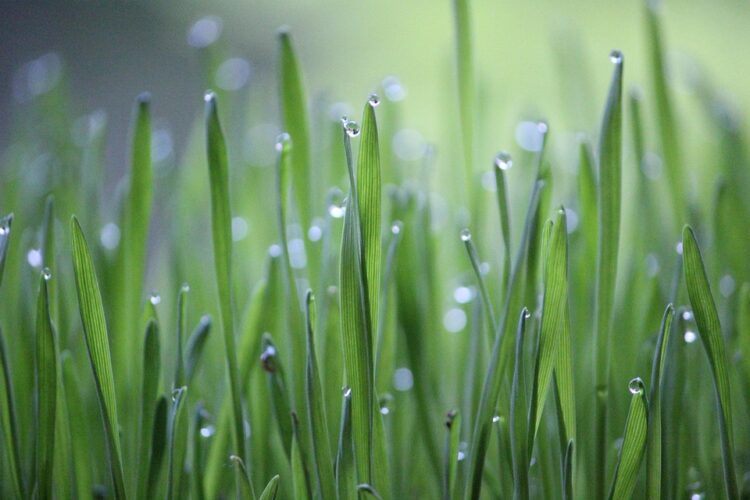Growing Greener: The Future of Water-Efficient Farming
In a world facing increasing water scarcity and climate change, the future of farming lies in water-efficient practices. As the global population continues to grow, the demand for food production is on the rise. However, traditional farming methods are often unsustainable, leading to water wastage and environmental degradation. In order to ensure a sustainable future for agriculture, it is crucial for farmers to adopt water-efficient practices that minimize water usage while maximizing crop yields.
The Importance of Water-Efficient Farming
Water is a precious resource that is essential for agriculture. Without an adequate water supply, crops cannot grow and food production is compromised. As water scarcity becomes a growing concern, it is important for farmers to implement water-efficient practices in order to conserve this valuable resource. Water-efficient farming not only helps to conserve water, but it also reduces the impact of agriculture on the environment. By using less water, farmers can minimize the amount of water pollution and soil erosion that occurs as a result of irrigation practices.
Water-Efficient Farming Techniques
There are a variety of water-efficient farming techniques that farmers can implement to reduce water usage and improve crop yields. One such technique is drip irrigation, which delivers water directly to the roots of plants, minimizing evaporation and water wastage. Another technique is rainwater harvesting, which involves collecting rainwater and using it to irrigate crops. By capturing and storing rainwater, farmers can reduce their reliance on groundwater and surface water sources. Additionally, crop rotation and cover cropping can help to improve soil health and water retention, reducing the need for irrigation.
Benefits of Water-Efficient Farming
There are numerous benefits to adopting water-efficient farming practices. One of the primary benefits is the conservation of water resources. By using water more efficiently, farmers can ensure that there is enough water available for future generations. Additionally, water-efficient farming can help to reduce energy usage and greenhouse gas emissions associated with irrigation practices. By minimizing water wastage, farmers can also save money on water bills and reduce their overall production costs.
Challenges of Water-Efficient Farming
While water-efficient farming offers numerous benefits, there are also challenges that farmers may face when implementing these practices. One of the main challenges is the upfront cost of investing in water-efficient technologies and infrastructure. Drip irrigation systems, rainwater harvesting systems, and other water-efficient technologies can be expensive to install and maintain. Additionally, farmers may need to undergo training and education in order to properly implement water-efficient practices on their farms. However, despite these challenges, the long-term benefits of water-efficient farming far outweigh the initial costs.
The Future of Water-Efficient Farming
As the global population continues to grow and water scarcity becomes an increasingly pressing issue, the future of farming lies in water-efficient practices. In order to ensure a sustainable future for agriculture, it is crucial for farmers to adopt water-efficient techniques that minimize water wastage and maximize crop yields. By implementing drip irrigation, rainwater harvesting, and other water-efficient practices, farmers can conserve water resources, reduce environmental impact, and improve overall agricultural sustainability. Water-efficient farming is not only beneficial for farmers, but also for the environment and future generations.
In conclusion, water-efficient farming is essential for the future of agriculture. By implementing water-efficient practices, farmers can conserve water resources, reduce environmental impact, and improve overall agricultural sustainability. While there are challenges associated with adopting water-efficient techniques, the long-term benefits far outweigh the initial costs. As the global population continues to grow and water scarcity becomes a growing concern, it is more important than ever for farmers to prioritize water efficiency in their farming practices. By growing greener, we can ensure a sustainable future for agriculture and the planet.












